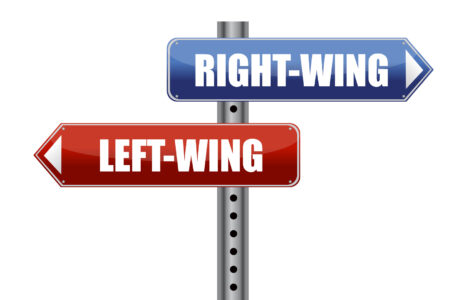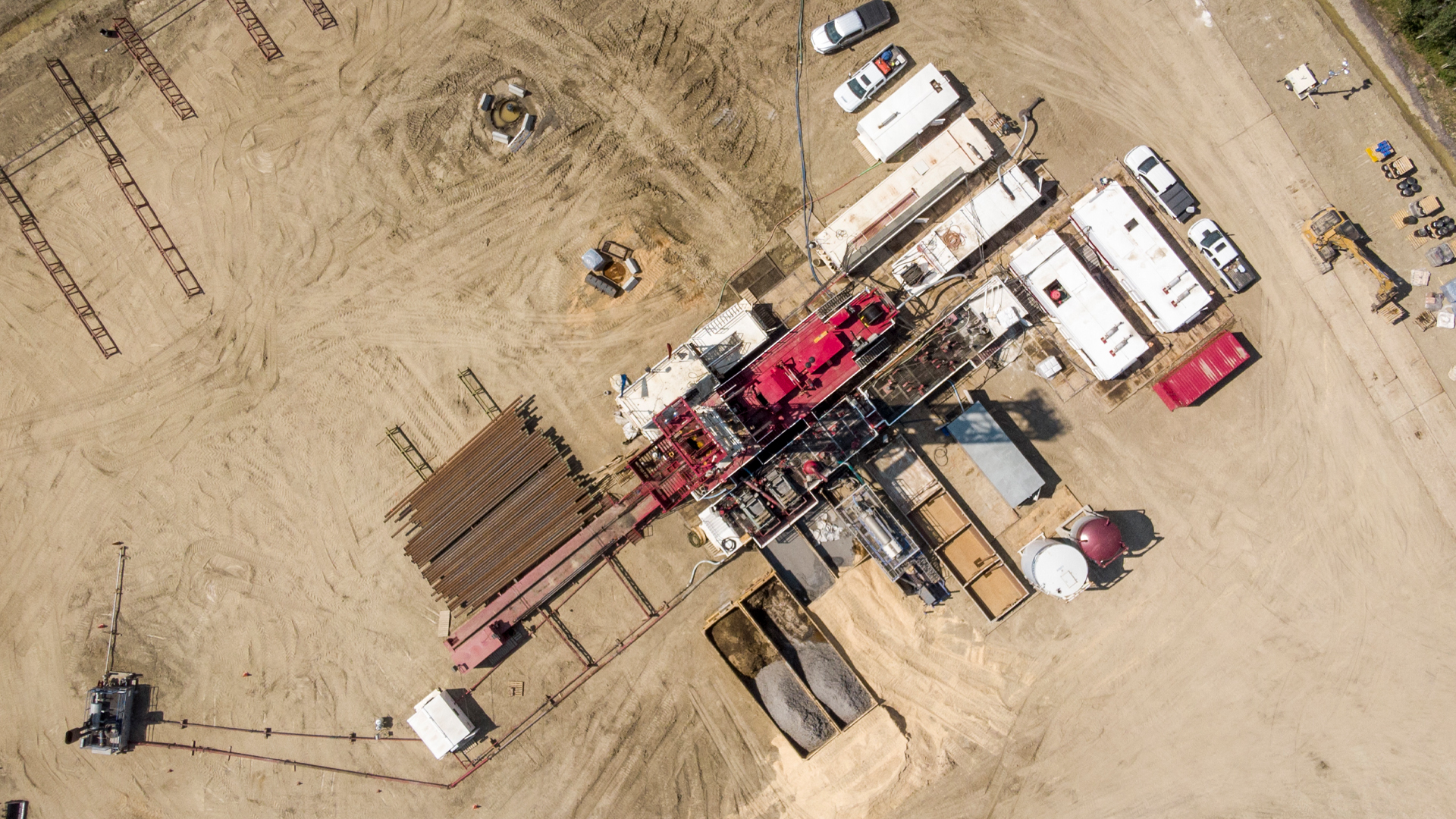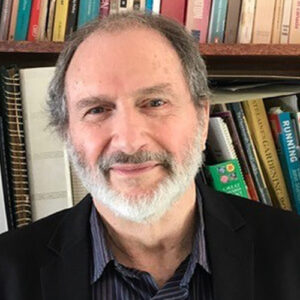
Canada’s apex oil and gas lobby group may rue the day it made foreign-funded political meddling a public issue. For good reason, China’s election interference has sparked outrage in Canada. But China’s ability to sway a broad spectrum of Canadian voters is far weaker than the Canadian Association of Petroleum Producer’s (CAPP) foreign-funded political interference.
It is good that the terms of reference for the public inquiry into foreign interference led by Quebec Court of Appeal Justice Marie-Josée Hogue go beyond China to include non-state actors. Big Foreign Oil’s meddling undercuts the sovereignty of Canadians to determine their own elections perhaps more than any other source. It should be a major focus of the inquiry.
The outcome should be that Canada ban ALL foreign-influenced corporations from election meddling. Foreign-influenced corporations are those with five per cent for a foreign government shareholder, 20 per cent for a nongovernment shareholder, and 50-per-cent aggregate foreign ownership.
On the eve of the Alberta 2019 election that saw Jason Kenney’s United Conservatives (UCP) defeat Rachel Notley’s NDP government, Tim McMillan, who was then head of CAPP, launched a crusade against “foreign-funded, anti-pipeline” activists.
“We have been the victims of a very well-orchestrated, well-planned foreign-funded attack,” McMillan charged. This echoed the 2012 campaign by Stephen Harper’s Conservative government against foreign-funded environmentalists, labelling them a national security threat.
CAPP wields enormous influence in Alberta and the rest of Canada. McMillan’s call was heard by Kenney and the UCP, who won the election partly on the promise to create a war room and public inquiry to investigate what Kenney charged were “anti-Alberta energy campaigns.”
In July 2019, Alberta set up a public inquiry with exactly that title “Public Inquiry into anti-Alberta energy campaigns.”
Did it not dawn on CAPP that crusading against a pittance of foreign funding of environmentalists would blow back and reveal just how foreign-funded CAPP is?
The episode sparked my interest into researching foreign funding of oil corporations operating in Canada. My report shows the foreign ownership level of each corporate member on CAPP’s 2020 board of governors. Foreign-owned means foreign-funded and foreign-influenced.
Many of the managers of the oil corporations are Canadian citizens. But to honour their fiduciary responsibilities, they must spend corporate resources, including on elections, in the best interests of their foreign owners.
I searched the country of residence of the owners of the outstanding shares of the 48 corporate members on CAPP’s 2020 board on Bloomberg investor data terminals, during several trading days in May 2020. Share ownership changes daily, so these are snapshots in time.
But we know that no major oil corporation operating in Canada has been majority domestically owned since Suncor Energy took over Petro-Canada in 2009.
Table 1 shows that 16 (one-third) of CAPP’s 2020 board members were foreign-owned subsidiaries. They accounted for 30 per cent of oil produced by CAPP’s board members.
Table 2 shows foreign ownership levels in the 24 (half) non-subsidiary corporations on CAPP’s 2020 board. They accounted for two-thirds (68 per cent) of the oil produced by CAPP board members.
A clear majority of the outstanding shares of the 20 largest producers in the table were owned by residents outside Canada, including in the big three: CNRL, Suncor and Cenovus. These three account for almost half (46 per cent) of the oil produced by CAPP board members.
The remaining eight corporations on CAPP’s 2020 board were all very small producers. Some were privately held, so where the owners lived can’t be determined. But at least five of the eight were majority Canadian-owned. At most, Canadian-owned corporations produced only 2.8 per cent of CAPP board members’ oil.
Being foreign dominated didn’t stop CAPP from waving the Maple Leaf flag and implying that Canadian environmentalists were traitors for accepting foreign funding.
When Alberta’s public inquiry report into what it called anti-Alberta energy campaigns was released in 2021, Alberta’s energy minister at the time, Sonya Savage, said it’s a “real concern” when any group is “influencing political and regulatory change using foreign funding.”
I agree. Yet the UCP government did not direct the public inquiry to examine the far greater sums of foreign oil money that intervenes in energy and climate debates. Size matters.
Two years after allegations of Russian meddling in the 2016 U.S. presidential election, Canada passed the Elections Modernization Act, which banned foreign interference in federal elections. But there is a loophole through which CAPP drove a gas-guzzling Hummer.
The Elections Act forbids third parties, including “corporations outside Canada,” from funding election activities “if the source of funds is a foreign entity.” Inexplicably, foreign-owned corporations are exempt from the ban if they list their headquarters in Canada. Almost all do.
The loophole makes no sense and must be closed.
Canada should follow the lead of U.S Congressman Jamie Raskin and Senator Elizabeth Warren, who advocate banning foreign-influenced corporations from election interference.
Ellen Weintraub, former chair of the U.S. federal election commission, wrote in The New York Times that individual foreigners are barred from spending to sway U.S. elections. It defies logic to allow groups of foreigners to fund political spending through corporations.
The U.S oil lobby group, the American Petroleum Institute (API), funds Energy Citizens, a front group that masquerades as “grassroots” citizens, promotes Big Oil’s interests and tries to sway U.S. voters.
API counselled CAPP on creating a Canadian version of Energy Citizens and that’s how Canada’s Energy Citizens came into existence. Mimicking American petro-nationalism, Canada’s Energy Citizens portrays Canada’s identity as inextricably linked to oil.
Although it insists it is non-partisan, CAPP held a closed-door conference at a luxury resort in the foothills of Alberta with the federal Conservatives before the 2019 federal election to strategize on ousting the Trudeau Liberals.
Foreign-owned oil companies in Canada hold key to climate change
Ottawa must think carefully about subsidies for oil and gas emission reductions
Topics included suing environmental groups to silence them, “rallying the base” using pro-oil front groups, getting support for more pipelines and lowering corporate taxes. McMillan introduced a panel on “paths to federal election victory.” So much for CAPP’s touted non-partisanship.
For the first time, CAPP was allowed to register as a third-party advertiser in the 2019 federal election. As such, it could spend $1.5 million before and during the election period and ran ads supporting candidates and parties while advocating for oil and gas issues.
Where does CAPP get the funds to employ 36 full-time lobbyists and subsidize front groups like Canada’s Energy Citizens while spending big on advertising?
CAPP’s revenue is not publicly available. But based on CAPP’s fee structure, about 97 per cent comes from its foreign-owned corporate members because CAPP membership fees are proportionate to each members corporation’s oil production level. All the big oil producers on CAPP’s board are majority or wholly foreign-owned.
When Big Foreign Oil lobbyists speak, Ottawa listens. Federal government officials had 11,452 contacts with those lobbyists between 2011 and 2018.
This needs to stop. Foreign-influenced corporations should not be meddling in Canadian elections. Democracy is currently on trial in the court of Canadian public opinion. To clear the air, the Hogue public inquiry must focus on meddling by Big Foreign Oil as part of its investigations.









